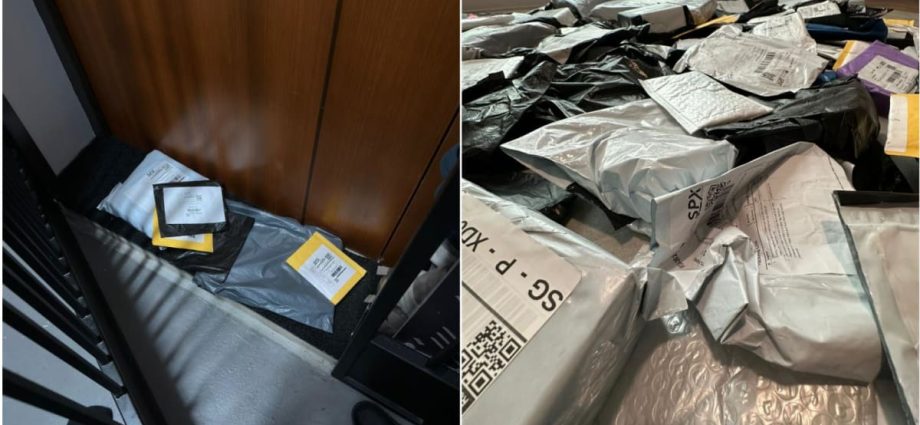
WHAT IS BRUSHING?
It’s a scam where low-value items or empty packages are sent to an address, and fake reviews of the product are written using the addressee’s name, according to Associate Professor Huong Ha, head of the business programme at the Singapore University of Social Sciences (SUSS).
“Sellers want to make their products appear more popular or have higher ratings, by writing fake reviews using real customers’ names and addresses,” she said.
Inflating the number of products sold can also make a seller more visible on e-commerce platforms, which often rely on algorithms that focus on products with positive reviews.
Chairman of the Advertising Standards Authority of Singapore (ASAS) Bryan Tan said that “where appropriate”, the body will engage e-commerce platforms to address issues of fake reviews. He advised customers receiving unsolicited packages to contact the platform in question.
The Competition and Consumer Commission of Singapore (CCCS) meanwhile said it has not received any complaints related to brushing.
The regulator can investigate errant businesses and seek court orders to compel them to stop engaging in unfair trade practices – but brushing scams may not amount to these unfair practices under the Consumer Protection (Fair Trading) Act, it said.
“To protect themselves, consumers are advised to exercise caution when relying on online reviews to make their purchasing decisions,” CCCS said.
It urged consumers to take a deeper look at reviews; be wary of overly positive or negative ones as well as those posted under similar names or using similar language; and to check multiple websites or platforms if possible.
Warning of the effects of brushing, Assoc Prof Ha said it could lead to reduced trust in online platforms and undermine the integrity of the online ecosystem, leading to poor experiences for both buyers and genuine sellers.
She agreed with Mr Chong’s conclusion that he was likely a victim of a brushing scam.
The sheer number of parcels he received suggests it’s not a logistical error, said Assoc Prof Ha. Neither could it be a different scam variant where sellers ask for compensation when an empty parcel is returned to them: Mr Chong has not been asked to repay anyone, and he didn’t open most of the packages anyway.

